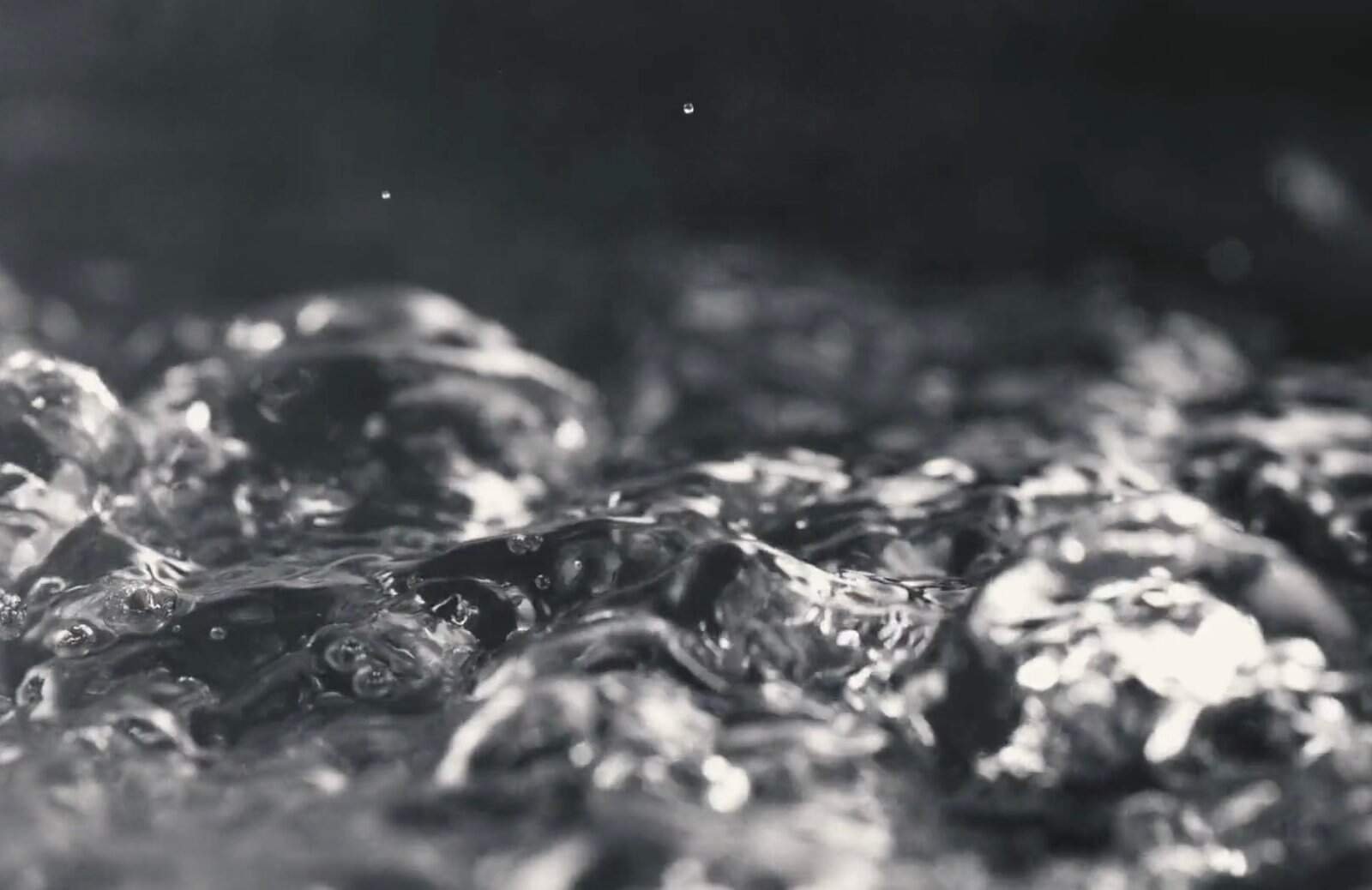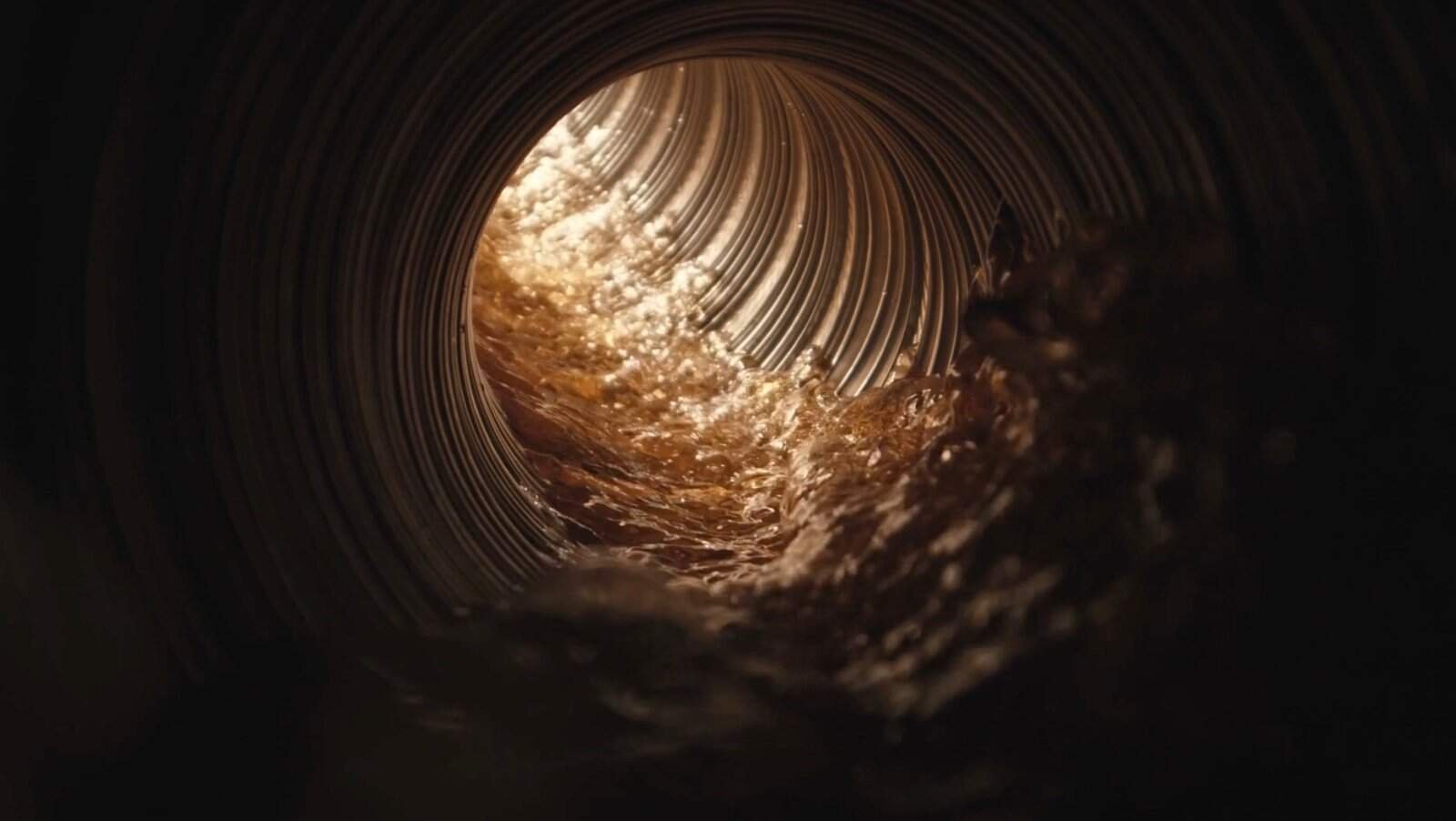Alchemie’s Endeavour
Visit WebsiteMaking a material difference
Alchemie's Endeavour fabric-dyeing technology is addressing one of the world's most pressing problems: the highly polluting textile industry.
When Dr Alan Hudd unveiled Alchemie’s Endeavour in Taiwan in April 2024, it was the culmination of a dream that began ten years before. The Endeavour machine uses innovative digital technology to quickly and easily dye fabrics for textiles without causing wholesale pollution to water and air.
The event was organised with the help of the British Chamber of Commerce and the British Embassy. “We enjoyed remarkable success when showing the technology in Taiwan,” says Hudd, who founded the company in 2013 and is the CEO. “We have huge interest across the Commonwealth, and being a British company gives us increased credibility. There is a prodigious amount of respect around the world for what The King and William, the Prince of Wales are doing in terms of sustainability.”


Hudd, who has a PhD in chemistry and began his career at the Ministry of Defence, came to textiles after transforming the production of ceramic tiles through the introduction of inkjet printing technology. Having spent time in China and seen first-hand the huge levels of pollution caused by the textile industry, he recognised that this was a sector ripe for disruption – and that the future of the planet may even depend upon it.
“This digital technology will change textiles from a highly polluting industry into a clean tech industry, and we are now commercialising the product and convincing the leading fashion brands that our solution can change their industry,” says Hudd.
In the current system of dyeing, fresh water is heated – often using coal – to very high temperatures. Fabrics are immersed in dye for four hours before the dye is washed away using more hot fresh water, flushing chemicals such as oil, phenol derivatives and heavy metals like copper, mercury and chromium into rivers and streams. It is estimated that this process accounts for 20 per cent of the world’s waste water – and the World Bank estimates that, by 2040, the demand for fresh water will be 40 per cent greater than the supply. The fashion industry as a whole is responsible for around ten per cent of global carbon emissions, much of which is a result of the dyeing process.
This level of waste and pollution is unsustainable, not to mention unethical, but there is little motivation among the dyehouses to change the system. Many are using a process that was developed centuries ago in Lancashire’s cotton mills and then exported around the world, first to the US and then to China, Taiwan, India and Bangladesh, where most of the dye industry is now located. It is entirely appropriate that a technology invented and developed in the UK could provide the solution.
Alchemie’s Endeavour machines enable a low-carbon digital dyeing production process. They accurately and rapidly dispense 1.2 billion droplets of dye into a linear metre of fabric, and can deliver 270 million droplets a second. “In contrast, inkjet printing uses very small droplets, whereas these are larger drops, so they are able to penetrate the fabric,” explains Hudd. “These droplets are fired into the fabric with huge energy to penetrate the entire thickness of the fabric. It’s a logical solution to a problem that has never been addressed.”


This technology brings enormous potential benefits, including energy savings of at least 85 per cent, dramatically decreasing both the cost and carbon footprint of textile dyeing. It also reduces the use of chemicals by around 30 per cent, and overall operational costs by up to 50 per cent, while enabling more flexible production. When it comes to water, the savings are even more extraordinary: Hudd has calculated that the system achieves a 95 per cent reduction in waste water, which means the machines can be used in water-poor regions, while water pollution is virtually eliminated from the process.
Given that profit margins for dyehouses are already slim, there is little incentive for them to meet the upfront costs of purchasing the Endeavour machines and then transforming their infrastructure to support the new technology. But the major high-street fashion brands are a different matter entirely, as these companies now have customers and staff who are motivated by ecological concerns and will be seeking ways to mitigate and reduce their negative impact on the environment.
“Brands are starting to accept there is a need to change,” says Hudd. “They have set targets to reduce emissions and use of fresh water, and they are also being pressed by changing legislation. We are in advanced discussions with all the major brands, and our successful launch in Taiwan has given us some momentum as we seek to bring about change.”
With a solution at hand, the responsibility now falls on high-street brands to support change throughout their supply chains. The potential is vast: every brand has around 30 different suppliers, each of which will require anything from 40 to 100 Endeavour machines. At Alchemie, the focus is on scaling up production to ensure it is able to provide the machines that can transform the industry for the benefit of the entire planet. Hudd believes this is only a matter of time.
“The biggest challenges are behind us,” says Hudd. “People have seen our technology in action, and as a company we are optimistic and ambitious. Industrialists reckon it takes 20 years to change an industry, and this has been a ten-year journey so far.” Alchemie is making fast progress and the finishing line is in sight.


